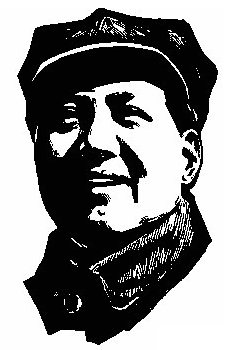A man in China is usually subjected to the domination of three systems of authority [political authority, clan authority and religious authority].... As for women, in addition to being dominated by these three systems of authority, they are also dominated by the men (the authority of the husband). These four authorities - political, clan, religious and masculine - are the embodiment of the whole feudal-patriarchal ideology and system, and are the four thick ropes binding the Chinese people, particularly the peasants. How the peasants have overthrown the political authority of the landlords in the countryside has been described above. The political authority of the landlords is the backbone of all the other systems of authority. With that overturned, the clan authority, the religious authority and the authority of the husband all begin to totter.... As to the authority of the husband, this has always been weaker among the poor peasants because, out of economic necessity, their womenfolk have to do more manual labour than the women of the richer classes and therefore have more say and greater power of decision in family matters. With the increasing bankruptcy of the rural economy in recent years, the basis for men's domination over women has already been undermined. With the rise of the peasant movement, the women in many places have now begun to organize rural women's associations; the opportunity has come for them to lift up their heads, and the authority of the husband is getting shakier every day. In a word, the whole feudal-patriarchal ideology and system is tottering with the growth of the peasants' power.
